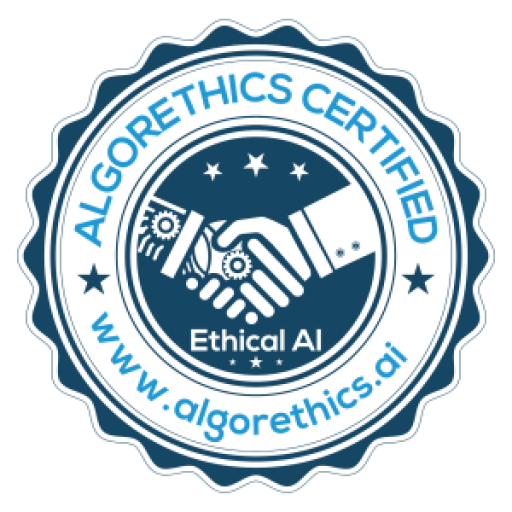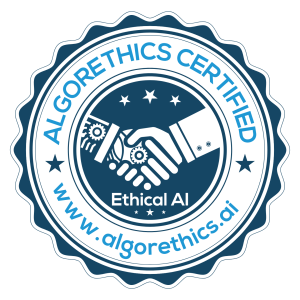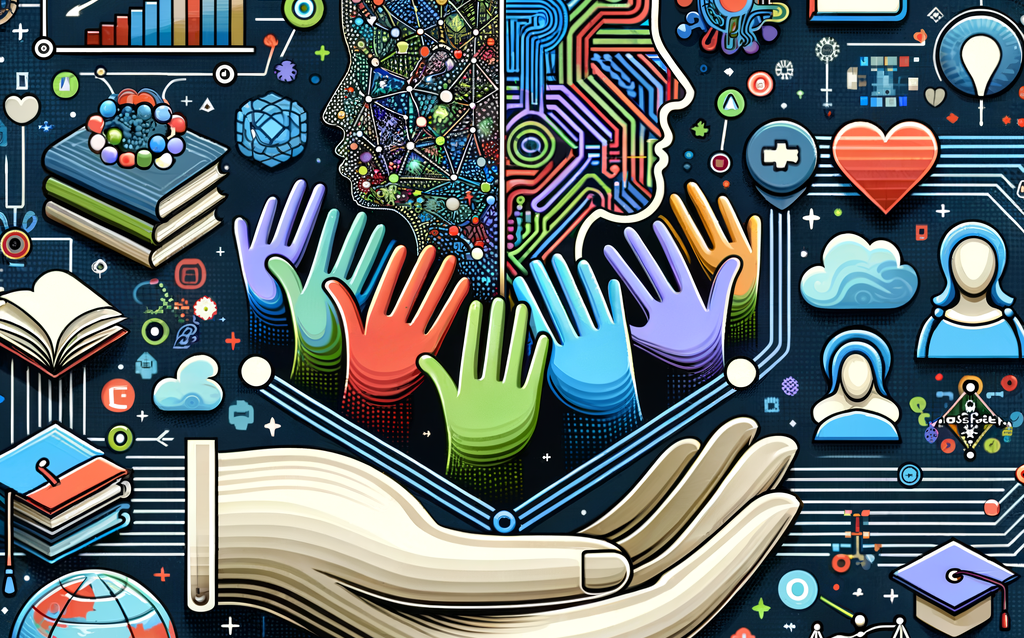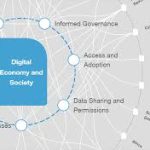In a world that is rapidly embracing digital transformation, educational technologies are evolving at an unprecedented pace. The integration of Artificial Intelligence (AI) in the educational sector promises to make learning more personalized, efficient, and accessible to all. However, with this grand potential comes the pressing need to ensure that these technologies are developed and deployed ethically. The role of AI ethics in fostering inclusive educational technologies cannot be overstated, as it ensures that the benefits of these advancements are shared equitably among all students, regardless of their backgrounds or abilities.
AI Ethics: Crafting the Future of Inclusive Education
As we stand on the brink of an educational revolution, AI ethics plays a pivotal role in shaping how new technologies are designed and implemented. Ethical considerations demand that AI-driven educational tools are created with an unwavering commitment to fairness, transparency, and inclusivity. This involves scrutinizing algorithms for biases that could disadvantage certain groups of students. For instance, an AI tool that inadvertently reflects societal biases could reinforce existing inequalities rather than mitigate them. By prioritizing ethical principles, developers can ensure that AI systems empower every learner equally.
Beyond addressing biases, AI ethics also necessitates the protection of students’ privacy and data security. In an era where data is often touted as the new oil, educational technologies must handle sensitive information with the utmost care. Ethical AI practices advocate for stringent data protection measures and transparent data usage policies. This not only safeguards students’ personal information but also builds trust among educators, parents, and the students themselves, fostering a more conducive learning environment.
Moreover, AI ethics calls for inclusivity in the design process itself. This means involving a diverse group of stakeholders, including educators, students, parents, and experts from various fields, in the development of AI technologies. Such collaborative efforts help to ensure that the tools are attuned to the needs of all users, including those with disabilities or from underrepresented communities. By embedding inclusivity into the very fabric of AI development, we can craft educational technologies that truly cater to the diverse tapestry of learners.
Building Bridges: Ethical AI in Modern Learning Tools
Modern learning tools powered by AI are building bridges across the chasms of inequality and inaccessibility. Ethical AI underscores the importance of designing adaptive learning technologies that can accommodate different learning styles and paces. This means creating AI systems that are versatile enough to provide personalized learning experiences, helping each student to thrive according to their unique abilities. For example, an AI tutor that adjusts its teaching strategies based on a student’s progress can make learning more engaging and effective.
Furthermore, ethical AI strives to democratize access to quality education. With the proliferation of AI-driven educational platforms, students from remote or underserved areas can now access world-class resources and instruction that were previously beyond their reach. AI ethics ensures that these technologies are not just available to a privileged few but are distributed equitably, offering every learner the chance to succeed irrespective of their socio-economic status. This democratization of education can play a crucial role in bridging the achievement gap.
Additionally, ethical AI in education promotes lifelong learning and continuous skill development. By leveraging AI to create tools that are adaptable and inclusive, we can support learners of all ages and backgrounds on their educational journeys. Whether it’s providing assistive technologies for students with disabilities or offering language translation services for non-native speakers, ethical AI helps to create a more inclusive and supportive learning ecosystem. This holistic approach to education ensures that everyone has the opportunity to learn, grow, and contribute meaningfully to society.
The promise of AI in education is boundless, but it is the guiding hand of ethics that will determine whether this promise is fulfilled inclusively and equitably. By embedding ethical considerations into the development and deployment of AI technologies, we can craft educational tools that are not only innovative but also just and accessible to all. As we continue to build bridges with ethical AI, we pave the way for a future where every learner can thrive, regardless of their circumstances. The journey towards inclusive education is a collective effort, and with the right ethical compass, we can ensure that no student is left behind.







